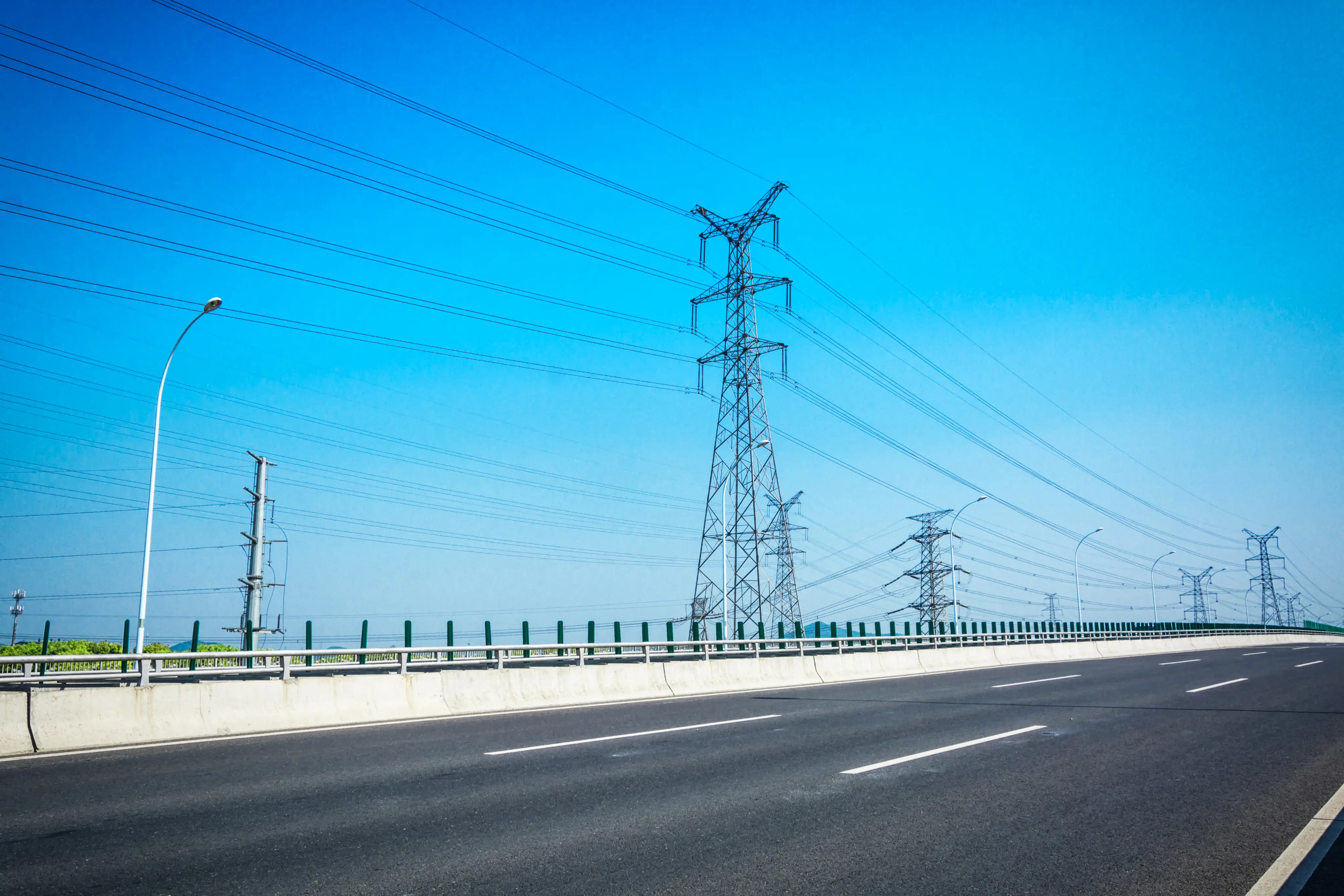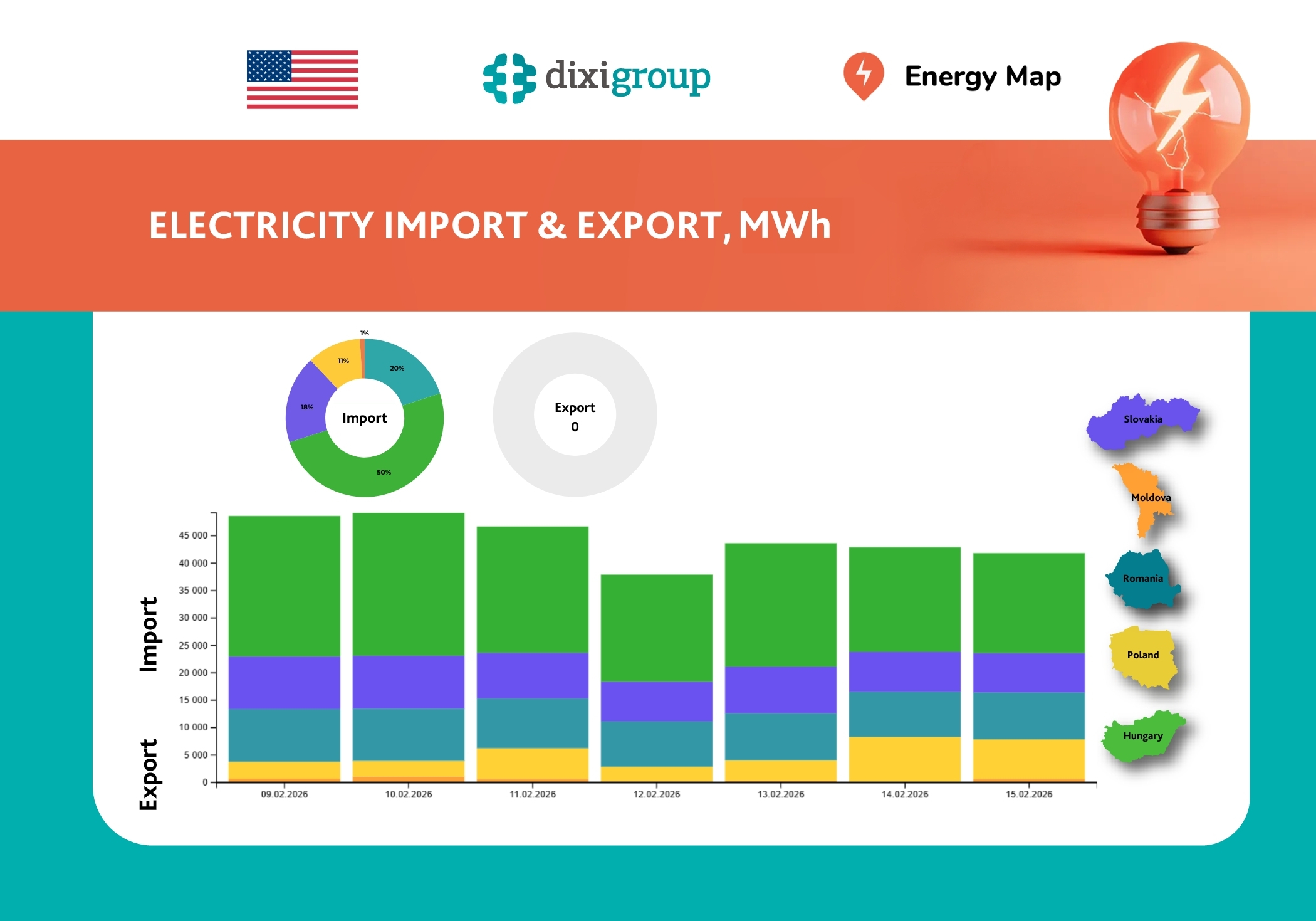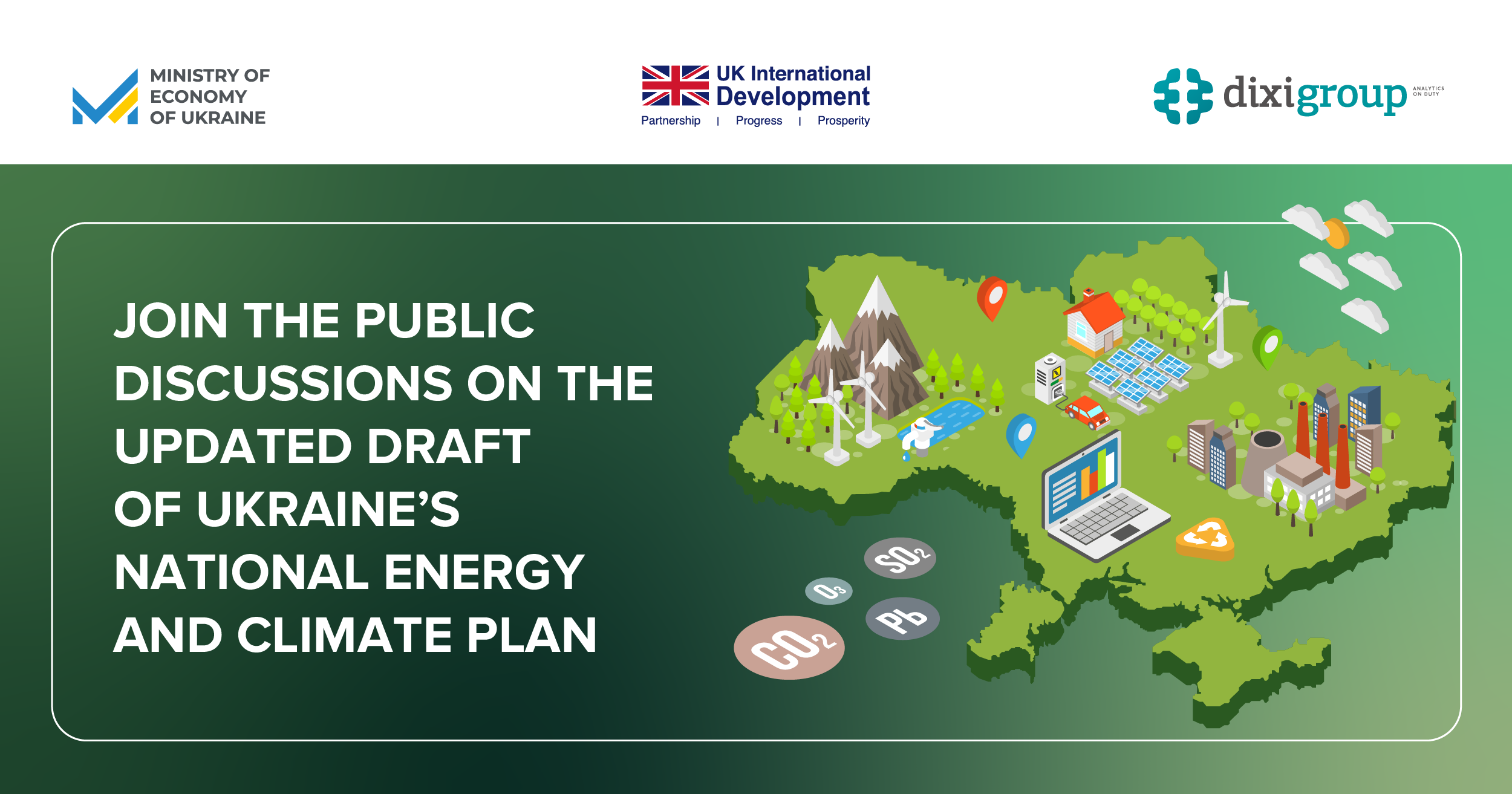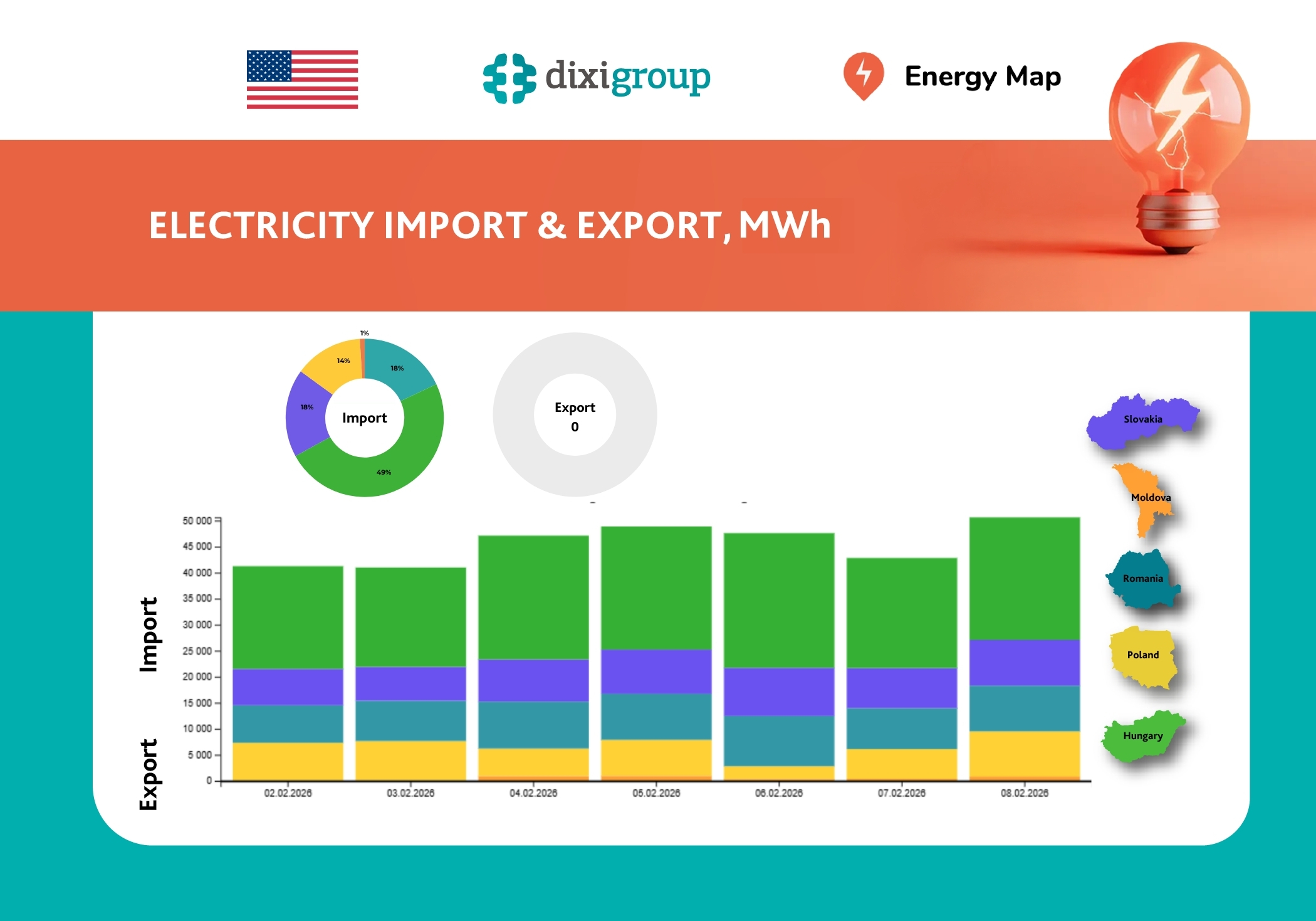On 16 April 2025, a meeting of the High Level Advisory Group (HLAG) on the implementation of the National Energy and Climate Plan (NECP) for the period up to 2030 was held, bringing together representatives of the Government of Ukraine, the European Commission, the Energy Community Secretariat and other international partners. The meeting discussed the successes of the NECP implementation, as well as the challenges facing Ukraine in the context of energy transformation.

In particular, in March 2025, Ukraine submitted an integrated report on the implementation of the NECP to the Energy Community Secretariat, filling in all 20 annexes.
Andriy Teliupa, Deputy Minister of Economy of Ukraine, presented an overview of the NECP implementation process, noting important institutional changes: “The report was submitted on time – on 15 March. For us, this is an important achievement that demonstrates the ability of all relevant agencies to work together systematically. The Government is finalising preparations for the launch of an interagency working group, the first meeting of which is scheduled for May”.
Funding for policies and measures is an important aspect of the Plan’s implementation. “We estimate that to achieve our goals by 2030, we need about USD 40 billion for six main areas”, said Andriy Teliupa. He added that the main sources of funding are the Ukraine Facility programme (about €9.3 billion in grants and loans under Pillar II), bilateral agreements, programmes of international financial institutions and government initiatives.
Thus, Ukraine remains on the path of energy transformation and integration into the EU energy market, despite the difficult conditions of war, demonstrating political will and commitment to common decarbonisation goals.
Roman Nitsovych, Research Director at DiXi Group, presented the results of the independent monitoring, which is being carried out in parallel with the official process: “We are assessing the NECP’s policies and measures against 205 indicators, using two cuts: the status of actual implementation and the degree of progress for those policies or measures that are still in the process of implementation”.
The team of experts has already released three quarterly reports, the last two of which are available in English. The key decisions highlighted in the report for the first quarter of 2025 include: the resumption of mandatory monitoring, reporting and verification of greenhouse gas emissions; adoption of an action plan to establish an emissions trading system; adoption of optional requirements for near-zero energy buildings (NZEBs); and the start of minimum stockpiling of crude oil and petroleum products.
Moving on to the practical aspects of implementation, Andriy Kitura, DiXi Group Development Director and Head of the Green Transition Office, presented the key findings from the first integrated NECP progress report. “Most of the policies and measures included in the NECP are in the process of being developed or updated as part of the EU accession process. That is why we cannot show significant progress yet, but we are showing positive dynamics”, he said.
The participants were particularly interested in the speech of Yolanda Garcia Mezquita, representative of the European Commission’s Directorate-General for Energy. She emphasised that the National Energy and Climate Plan (NECP) of Ukraine is not just a political document, but a real tool that is already working for the country’s future in the European space.
“National energy and climate plans should not be just plans, but investment roadmaps for green transformation. This is exactly the signal that investors are waiting for: that there is a vision, a structure, and the will to move forward”.
Speaking about the next steps, Adam Cwetsch, Head of the Green Deal Unit at the Energy Community Secretariat, stressed the importance of sustainability of reforms. “One of the main fundamental principles of the process, which we raised last year, is that it is very important that the process does not end with the adoption of the document, it should be just the beginning”, said Cwetsch.
He noted that Ukraine is a leader among all Energy Community contracting parties in terms of submitting information to the reporting system.
Summing up the meeting, its moderator, former Polish Minister of Climate and Environment Michał Kurtyka, emphasised the progress made in Ukraine in terms of NECP implementation. He also mentioned the importance of preparing proposals for updating the plan by the end of 2025 and the key role of financing for the successful implementation of Ukraine’s ambitious energy and climate goals.
The National Energy and Climate Plan (NECP) is a strategic document that defines the direction of state policy in the energy and climate sectors in line with Ukraine’s commitments under the European integration.
The National Energy and Climate Plan (NECP) was developed under the coordination of the Ministry of Economy of Ukraine. All key ministries and agencies were involved in the development of the document, together with the DiXi Group think tank and the Institute for Economics and Forecasting of the National Academy of Sciences of Ukraine, with the support of the British Embassy and the Net Zero World Initiative.
The preparation of the integrated report was coordinated by the Ministry of Economy of Ukraine in cooperation with other executive authorities and the Green Transition Office.






